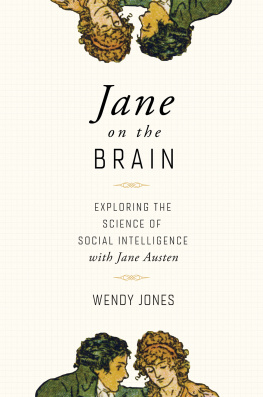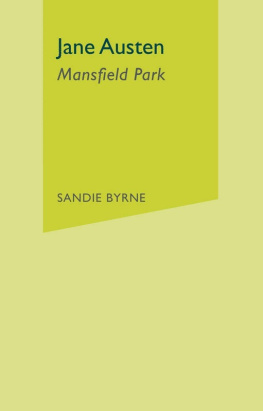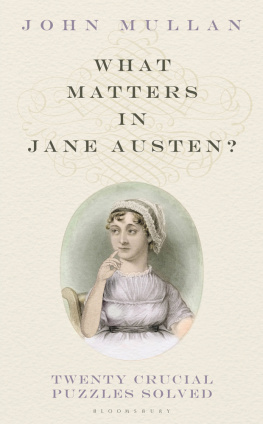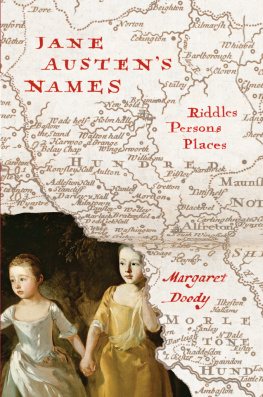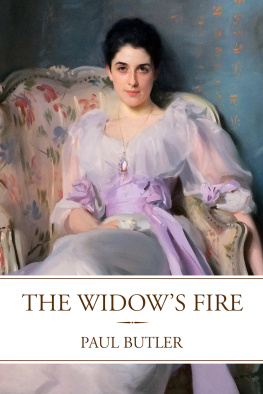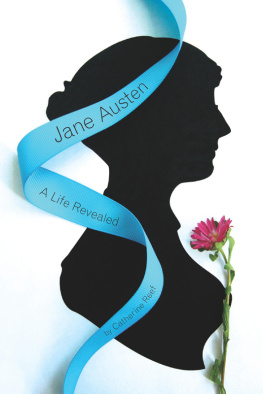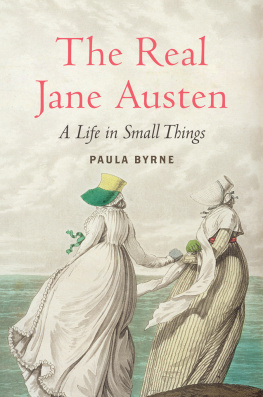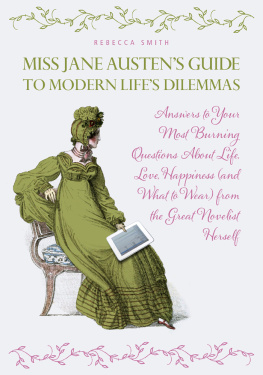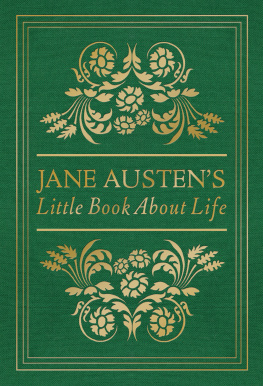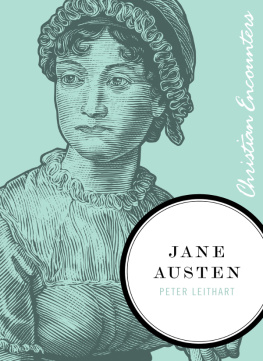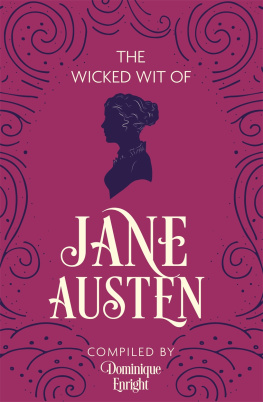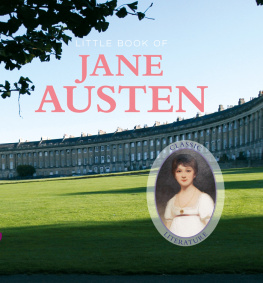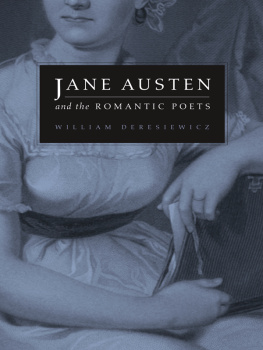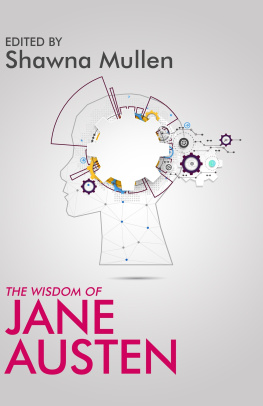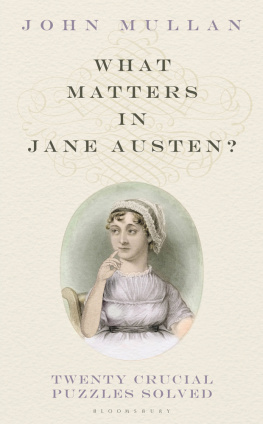
For my mother, Vicki Singer,
and in memory of my father, Iz Singer

Tell me not that I am too late, that such precious feelings are gone forever.
Frederick Wentworth in Persuasion
E lizabeth Bennets feelings have betrayed her. Or so she thinks. But this is when she is still many months, and many pages, away from the happy ending of Pride and Prejudice that will unite her with Fitzwilliam Darcy. Its the morning after Darcys first proposal, an offer made in highly insulting terms. Darcy confessed that he was asking Elizabeth to marry him against his will, his reason, and his character, and that their marriage would mean connecting himself with a family that, with the exception of Elizabeth and her sister Jane, deserves the contempt that he so clearly and abundantly feels for them: He spoke well, but there were feelings besides those of the heart to be detailed, and he was not more eloquent on the subject of tenderness than of pride.
Elizabeth was furious, and she rejected Darcy in no uncertain terms as the last man in the world whom I could ever be prevailed on to marry. Elizabeth has good reasons for disliking Darcy, as she tells him. In addition to the rudeness of his proposal, he made her sister Jane miserable by convincing his friend Bingley that Jane was indifferent to him, and so keeping the couple apart. And Elizabeth believes, as her friend Wickham told her, that Darcy had cheated him out of an inheritance that was rightfully his. And on a very personal note (she keeps this to herself), he insulted her when they first met at the Meryton ball, saying within her hearing that she wasnt handsome enough to tempt him to dance.
Elizabeths wounding retort to her would-be lover: You are mistaken, Mr. Darcy, if you suppose that the mode of your declaration affected me in any other way, than as it spared me the concern which I might have felt in refusing you, had you behaved in a more gentleman-like manner. This is the ultimate insult for an aristocrat like Darcy, who prides himself on being a gentleman.
Darcy was too furious and shocked to reply to Elizabeth in the moment, but he sent a letter the following day, answering Elizabeths charges, and certainly exonerating himself on the subject of his poor treatment of Wickham. Far from having deprived Wickham of a rightful bequest, Darcy gave him a generous amount of money to pursue his studiesWickham had claimed to want to be a lawyer. When the money ran out, spent in idleness and dissipation (its doubtful Wickham ever opened a law book), Darcy refused further aid. Wickham soon after attempted to elope with Darcys younger sister, attracted both by her inheritance of thirty thousand pounds and the prospect of wounding Darcy where it would hurt the most.
Elizabeth is mortified. How could she have been so wrong? She blames her feelings: Had I been in love, I could not have been more wretchedly blind.... Pleased with the preference of one [Wickham], and offended by the neglect of the other [Darcy], on the very beginning of our acquaintance, I have courted prepossession and ignorance, and driven reason away, where either were concerned. But Elizabeth is harder on herself and her feelings than she ought to be because her dislike of Darcy is actually justified. Although hes behaved himself relatively well since their first disastrous meeting, his proposal of marriage is truly obnoxious. However insufferable Elizabeths family might be, Darcys condescension and bluntness make him as rude and insensitive as they are, without the excuse of stupidity. Elizabeth is right to reject Darcys proposalhe doesnt behave as a gentleman should behave toward the woman he loves.
Imagine for a moment if Elizabeth hadnt had the feelings that caused her to reject Darcy, or if shed suppressed or ignored her resentment. Imagine if shed accepted his first proposal. Imagine what it would be like to be married to a man who thought that his marrying you was a huge favor for which you ought to be forever grateful, a favor that canceled out any faults in him you might perceive, and which exacted total submission on your part in return. This wouldnt have been good for Elizabeth. And it wouldnt have been good for Darcy. Without the ballast of Elizabeths corrective influencewithout her unexpected and feisty rejectionhe might have turned out to be a more intelligent if equally loathsome version of his snobbish aunt, Lady Catherine de Bourgh. Instead, by the end of the novel, Darcy has rethought his attitudes and begun to act accordingly. Hes a better man.
Elizabeths feelings enabled her to judge a situation correctly, even if she was wrong on some of its details, and to choose the course of action that would be in her best interests. Feelings gave her vital information about how to act at a crucial momentreject Darcy. This isnt to say that Austen claims that feelings are a foolproof guide, goodness knows! When they mislead us, they can do so spectacularly. Elizabeths sister Lydia demonstrates the dangers of being thoughtlessly guided by feelings when she elopes with Wickham (of course, Darcy saves the day and this brings him together with Elizabeth, but these benefits dont cancel out the inherently disastrous nature of Lydias behavior). Like all potentially volatile substances, feelings must be handled with care, assessed and regulated. You should think long and hard before indulging strong impulses. Even so, in Austens world, as in real life, feelings are valuable for what they tell us, both about ourselves and about others.

WHAT WE TALK ABOUT WHEN WE TALK ABOUT FEELINGS
Although definitions of emotion vary, most psychologists agree with Austen that theyre a means of appraisal, of assessing whether something or someone is good or bad, as we see with Elizabeth. They convey valuable information that influences our responses to our inner as well as outer environmentsto thoughts and memories as well as to people and events. And they instigate action as well as thoughtwe often behave in ways that express our feelings. Like Austen, mind-brain scientists dont claim that emotions are a foolproof guide. But nothing in the human brain is foolproof. Feelings must have helped our ancestors survive more often than not because the capacity for emotion has been retained throughout the evolution of mammals. Were simply among the latest heirs.

I especially like neuroscientist Edmund Rollss definition of emotion because it clearly indicates that emotions are active responses to situations and environments: Emotions are states elicited by rewards and punishers.... [A] reward is something for which an animal (including of course a human) will work. A punisher is something that an animal will work to escape or avoid (or that will decrease the probability of actions on which it is contingent). Rolls characterizes emotion as a dynamic force that enables us to achieve both tangible and intangible benefits.
Food and sex are the among the most basic material rewards that animals, including human animals, work to obtain. But Rollss definition additionally accounts for many of the complicated forms of feeling that have the quality of drives, such as ambition. Ambition isnt a simple response like fear, but it nevertheless shares its evaluative and goal-directed characteristics. Indeed, all kinds of emotions ideally help us to work for rewards and avoid punishers. In the first proposal scene, Darcy is clearly a punisher, although he later becomes a very satisfying reward.
Next page
